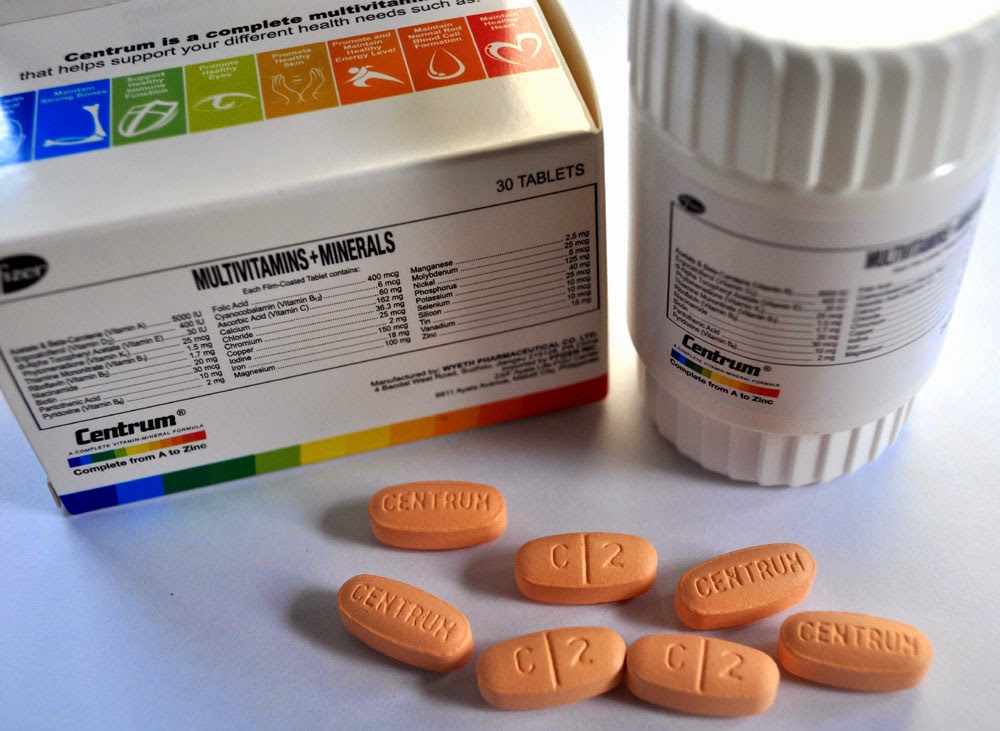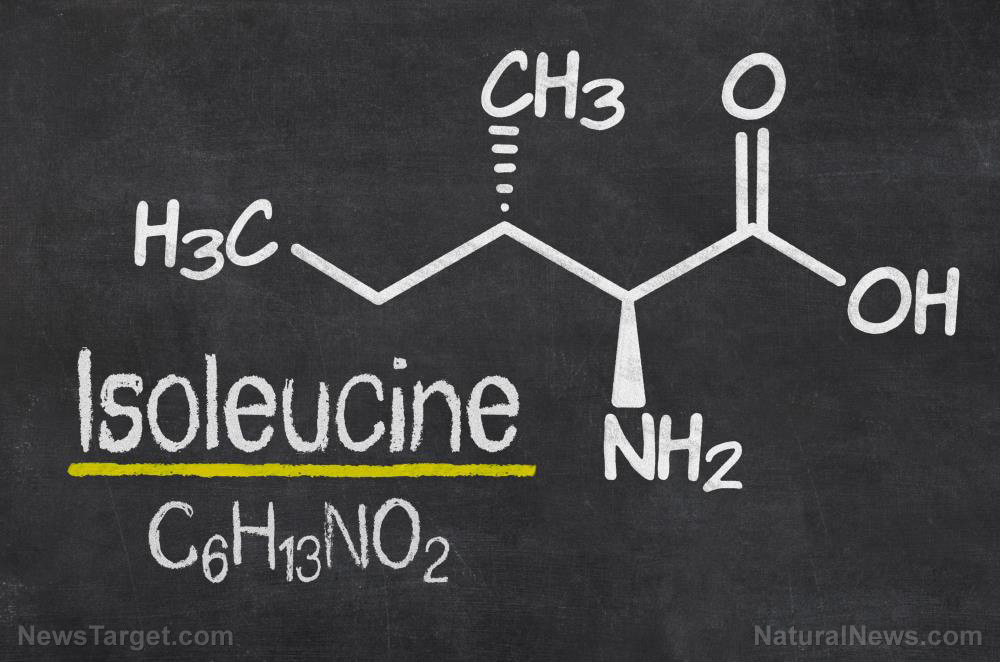Are You Taking Supplements? Here’s How to Stay Safe
08/17/2016 / By supplementsreport

As supplements are increasingly marketed directly to consumers through print, digital and television ads, it’s important to remember that — while classified differently thanpharmaceutical drugs — these are not without risk.
(Article by Yahoo! Sports)
Many physicians are calling for more regulation of supplements. Some are even considering the development of a new category of medically or biologically active compounds.
The Supplement Industry Is Booming
Supplements are commonplace today and have become a $35 billion industry over the last several years. Experts project the industry will grow to nearly $60 billion by the year 2021. Given how many people take supplements, it’s important to note that — as with medications — supplements have the potential to cause harm. Herbal remedies have been associated with a wide range of side effects, from mild symptoms like nausea to more serious and life-threatening complications, such as liver or kidney failure.
How Does the Food and Drug Administration Regulate Drugs and Supplements?
The FDA is responsible for overseeing all drugs, devices and supplements marketed to consumers in the U.S. Understanding the difference between supplements and pharmaceuticals is critical to being an informed patient, since these classifications have a significant impact on how they’re regulated.
According to the FDA’s classification, supplements have naturally occurring, biologically active compounds with possible medicinal properties; they contain vitamins, minerals and herbal ingredients; and supplements are not intended to treat, cure or prevent any particular disease. By contrast, the agency considers a compound to be a drug or pharmaceutical if it’s recognized by an official pharmacopoeia or formulary; intended for use in the diagnosis, cure, mitigation, treatment or prevention of disease; and intended to affect the structure or any function of the body.
While pharmaceuticals are tightly regulated and require a rigorous approval process, supplements must meet minimal regulatory requirements. According to the FDA, supplement makers are not allowed to make health-related claims on their labels. By federal law, only pharmaceutical grade drugs can make claims that a particular compound can treat, diagnose, cure or prevent a disease.
The FDA does not require supplements to be proven safe and effective, which differs from pharmaceuticals. Supplements must be labeled as either a dietary supplement, herbal supplement or another naturally occurring, biologically active compound. The supplement bottle must contain only what is listed on the label and in the stated amounts. Supplement makers are required to report any adverse events — from allergic reactions to side effects and more serious reactions — to the FDA. The agency can only remove supplements from the market if they’re shown to be unsafe or if they are inaccurately labeled.
In stark contrast to supplements, the pharmaceutical industry is very tightly regulated. Pharmaceuticals must undergo a rigorous process of scientific testing and this data must be presented to the FDA prior to any drug approval. Before proceeding with human trials, drug companies must show that the drug is safe and effective in animals. Once a clinical trial in humans is approved, the drug must then go through four phases of human testing that further evaluate its safety prior to entering the market. Post-marketing trials must be conducted and registries established to monitor the drugs after they reach patients, since even with the best, most robust clinical trials we may not know everything about a particular drug.
So it’s clear that there is a substantial gap between the way in which pharmaceuticals and supplements are evaluated and regulated. This begs the question: Should the FDA be doing more to regulate supplements?
The Future of Supplements
As the industry continues to grow, many health care providers and consumers are asking for more regulation of supplements. Some physicians have proposed a new class of drug known as the “mediceutical” to essentially regulate supplements more like drugs. This new drug class was created by an orthopedic surgeon in Provo, Utah, Dr. Kirt Kimball, founder of Forté Elements, which makes nutritional supplements for clinical conditions. According to criteria he created, mediceuticals must be formulated to treat or manage a specific health condition; contain natural ingredients that are recognized as safe and validated by clinical research; and be produced in FDA-compliant manufacturing facilities.
Read more at: sports.yahoo.com
Tagged Under: FDA, supplements




















